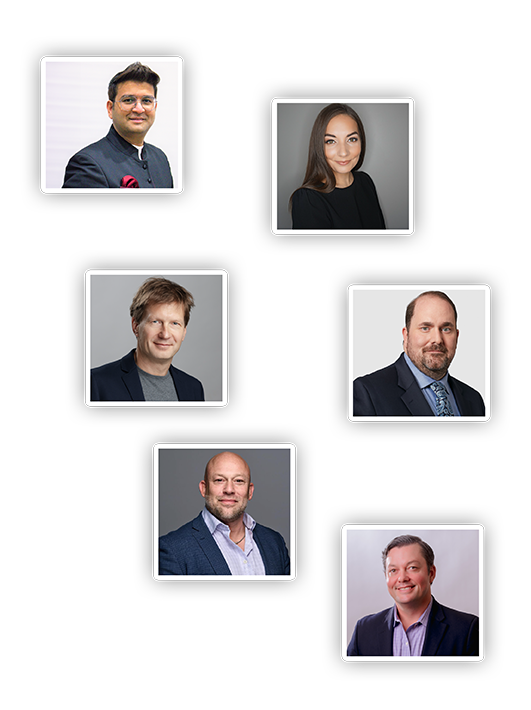Resources & talent acquisition trends
What’s current and what’s ahead
The latest talent acquisition trends, success stories and more – it’s all here. Stay up to date on industry news and craft your competitive edge with insight from our experts.
Looking for Cielo news and releases? Head to the press room.
All resources
Cielo in your inbox
We’re bringing fresh thinking to the world of talent acquisition. Sign up to get the latest talent trends, research, and more.

Illuminating the future
Explore what’s to come in this newest episode of our podcast, “The talent time machine.”
Featured case studies
Top news & events
Recent news
The latest on all things Cielo
Cielo celebrates 13 years as a Leader in Everest’s Group’s 2025 RPO Global PEAK Matrix® assessment
New era of TA: Cielo releases Agentic AI, the latest breakthrough that’s redefining hiring experiences





















